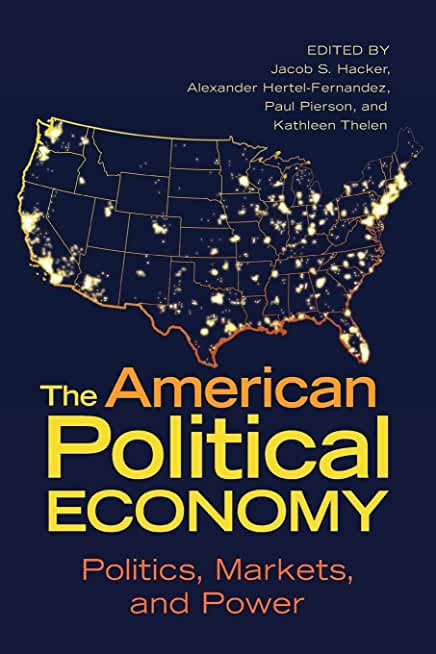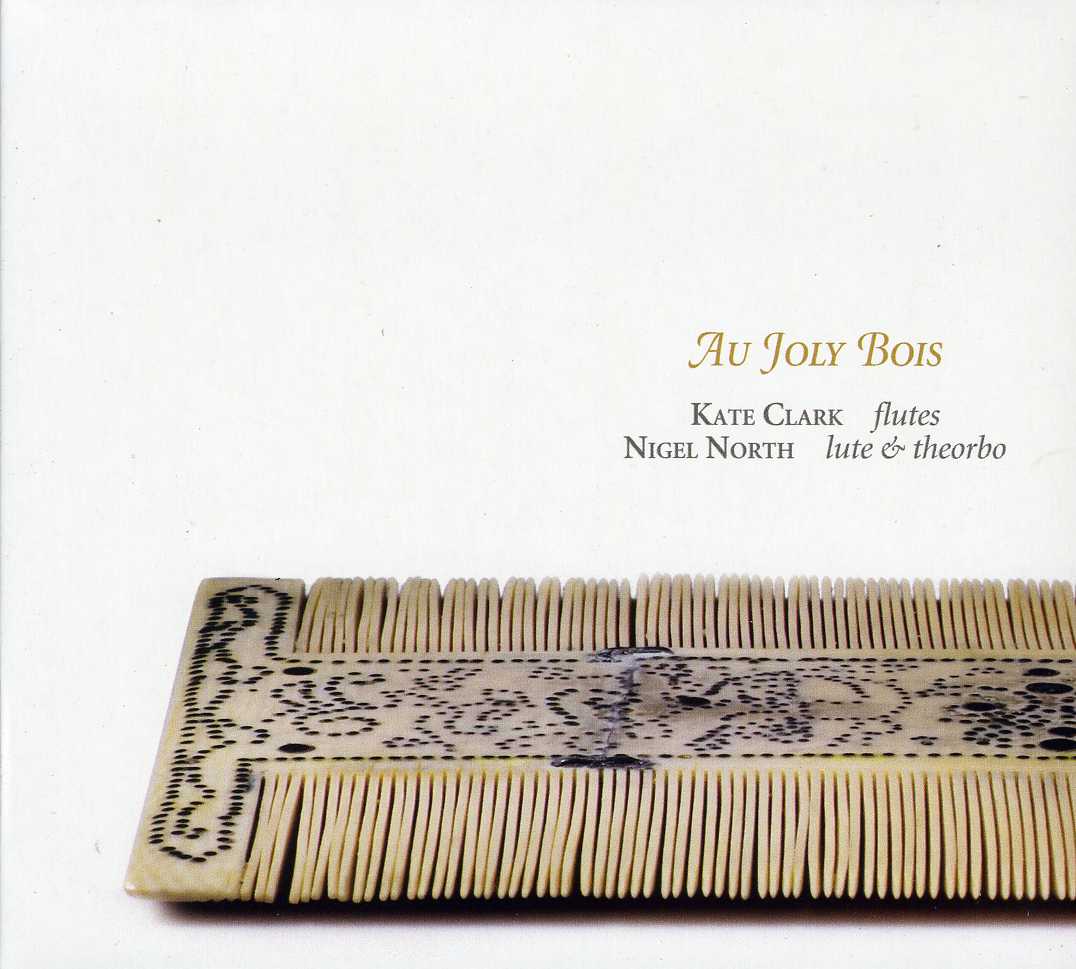
description
0As the nation stands at a crossroads, Andrew J. Bacevich urges us to reexamine the ideas and values of the American conservative tradition. What is American conservatism? What are its core beliefs and values? What answers can it offer to the fundamental questions we face in the twenty-first century about the common good and the meaning of freedom, the responsibilities of citizenship, and America's proper role in the world? As libertarians, neoconservatives, Never Trump-ers, and others battle over the label, this landmark collection offers an essential survey of conservative thought in the United States since 1900, highlighting the centrality of four key themes: the importance of tradition and the local, resistance to an ever-expanding state, opposition to the threat of tyranny at home and abroad, and free markets as the key to sustaining individual liberty. Andrew J. Bacevich's incisive selections reveal that American conservatism--in his words "more akin to an ethos or a disposition than a fixed ideology"--has hardly been a monolithic entity over the last 120 years, but rather has developed through fierce internal debate about basic political and social propositions. Well-known figures such as Ronald Reagan and William F. Buckley are complemented here by important but less familiar thinkers such as Richard Weaver and Robert Nisbet, as well as writers not of the political right, like Randolph Bourne, Joan Didion, and Reinhold Niebuhr, who have been important influences on conservative thinking. More relevant than ever, this rich, too often overlooked vein of writing provides essential insights into who Americans are as a people and offers surprising hope, in a time of extreme polarization, for finding common ground. It deserves to be rediscovered by readers of all political persuasions.
member goods
No member items were found under this heading.
listens & views

EGYPT: ECHOES OF THE NILE ...
by EGYPT: ECHOES OF THE NILE / VARIOUS
COMPACT DISCout of stock
$15.25
Return Policy
All sales are final
Shipping
No special shipping considerations available.
Shipping fees determined at checkout.






